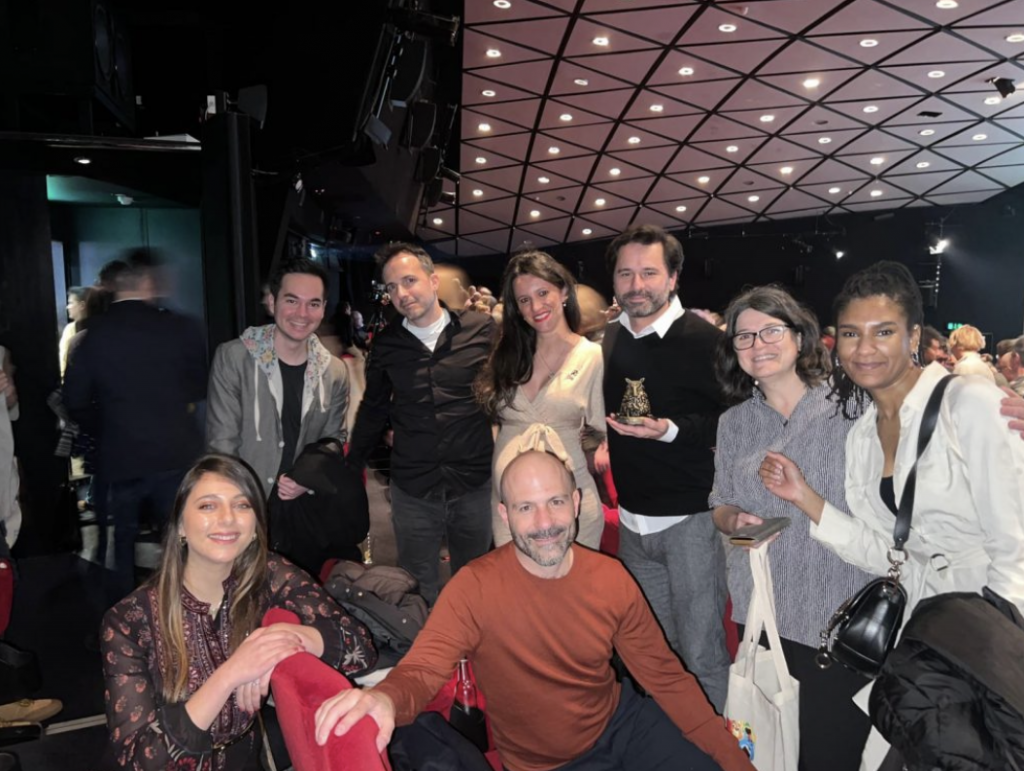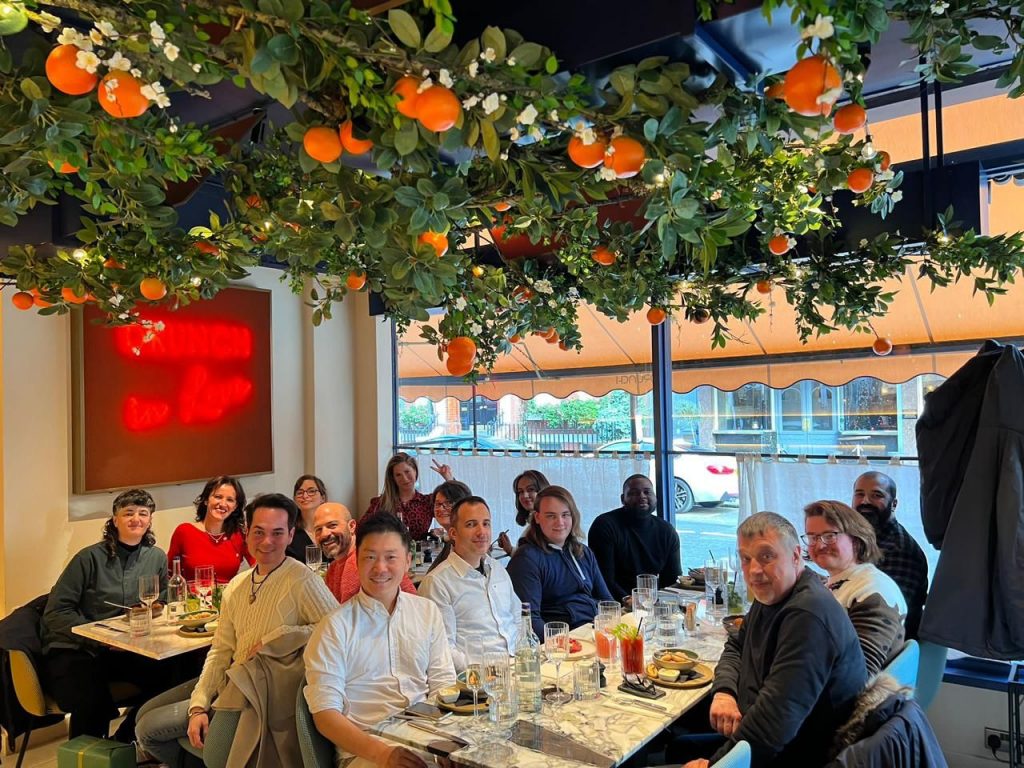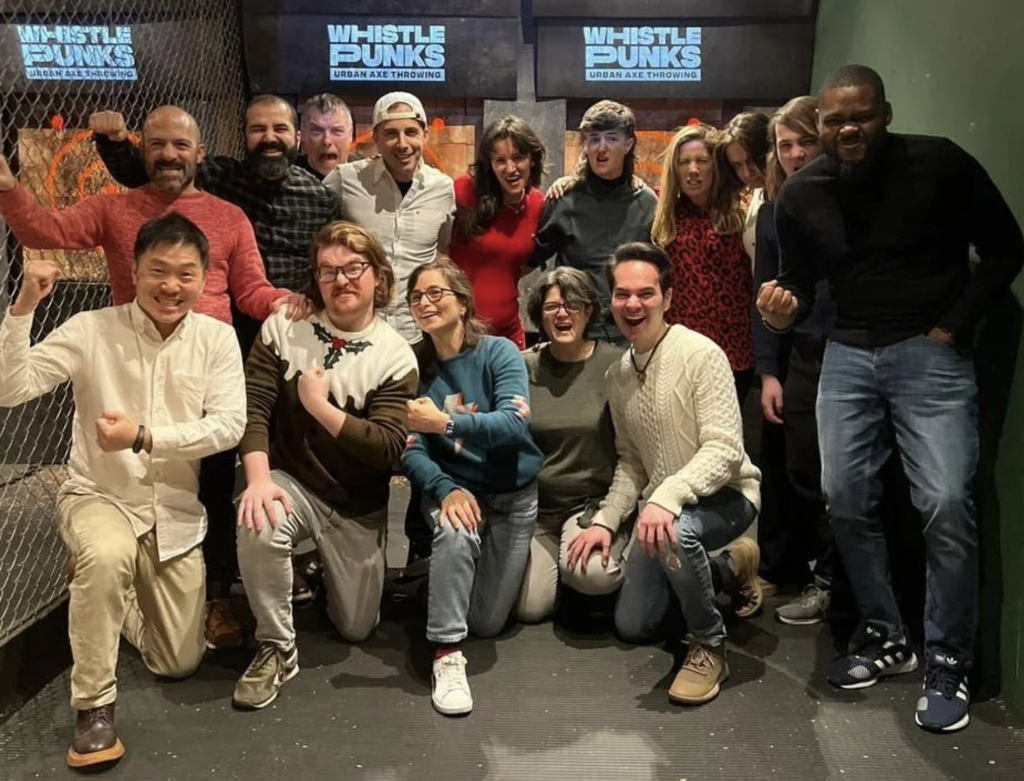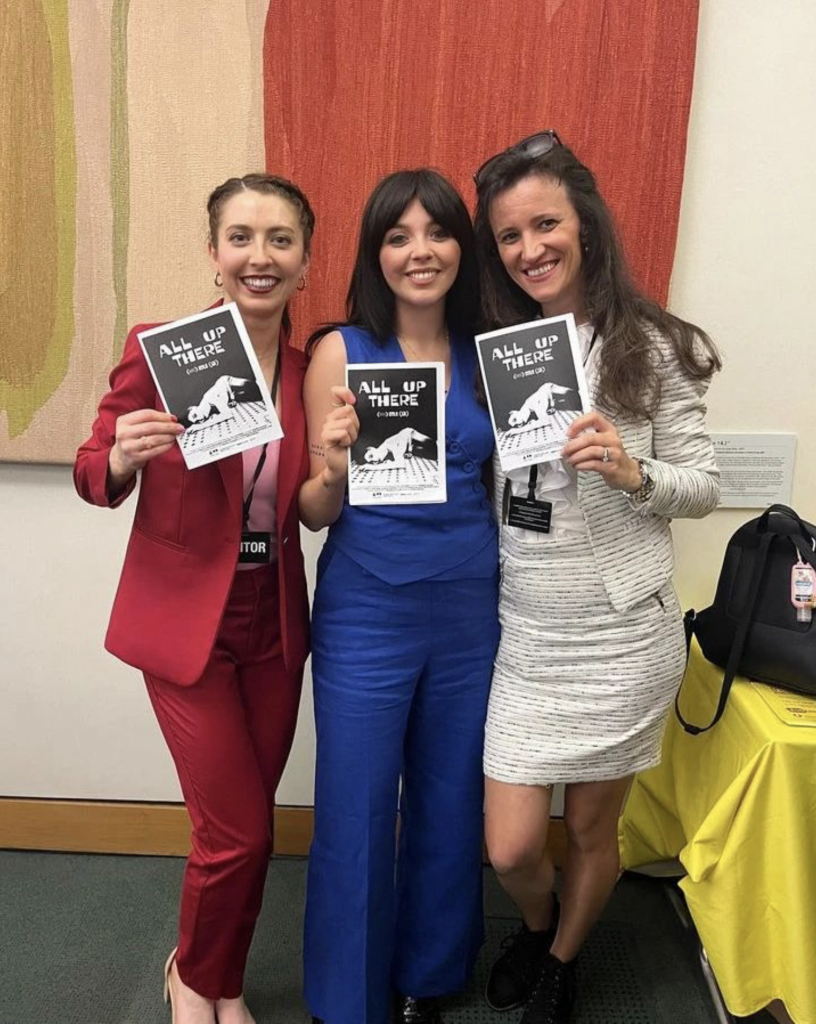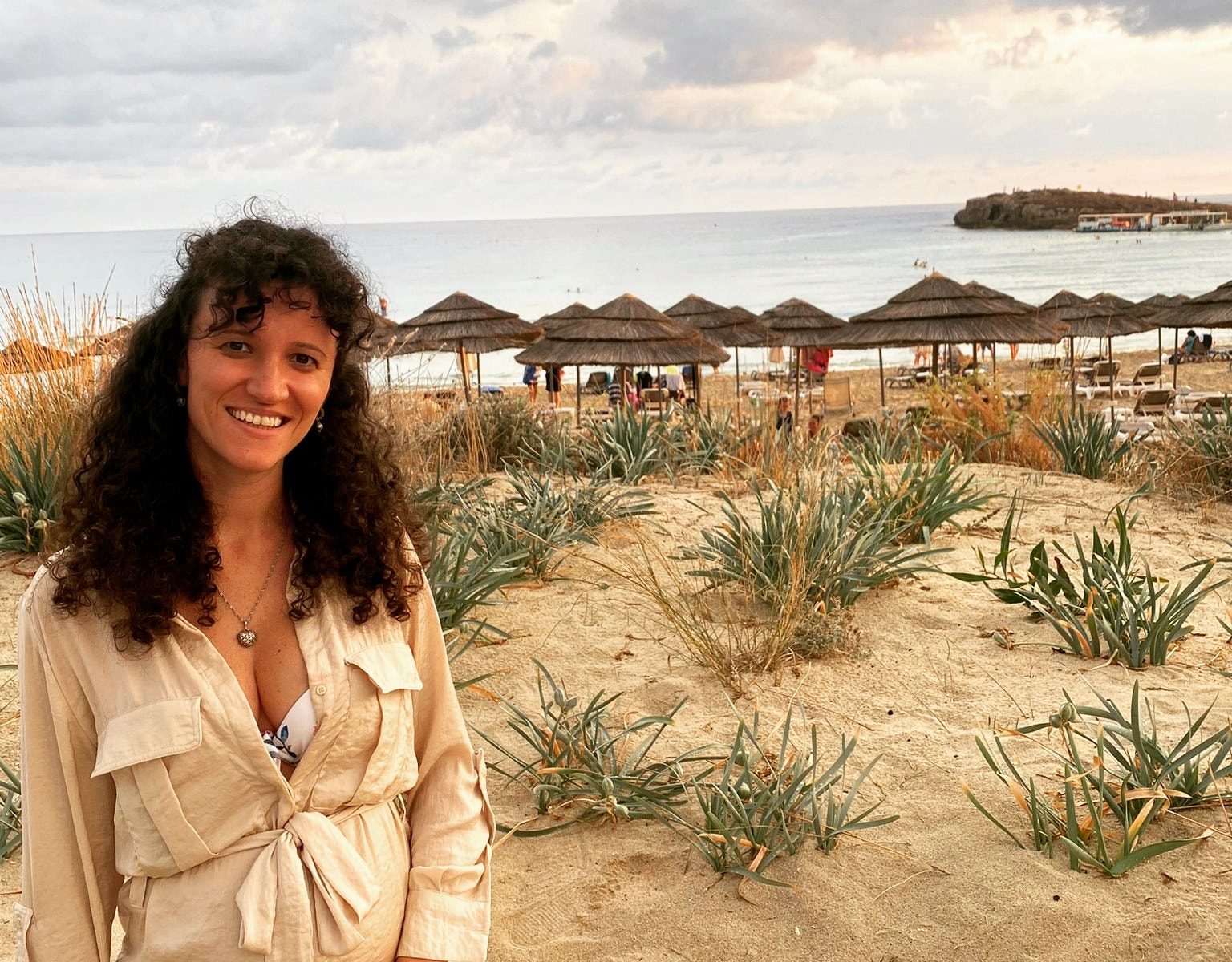Milana Karaica, executive producer and founder of NERD Productions, shares her journey as an immigrant and reflects on her past and present. As a child of war, Milana faced challenges during the many transitions in life but discovered her passion for creativity and a drive to make a positive impact. Despite obstacles as an immigrant and minority in our industry, she remained determined to bring diversity and inclusivity to her work. We spoke with Milana about her experiences, including childhood struggles, relocation, creative beginnings, and how her early life has influenced her as a woman and founder.
Please tell us a short story as to why you initially left your home and what the future looked like for you at that point?
I left home for the first time when I was about five years old. As a child, I didn’t think much about the future. All I knew was war, and it made it hard to imagine what the next day would be like. My family had to move from the city to the countryside because it was safer there. Even though we had good times playing and exploring, we didn’t understand the real reason we had to live there. When we left, it was sudden and scary. We had to grab our things quickly, and my mom told me to take just one thing. I chose a picture of my dad because I worried about him being dead and not seeing him ever again.
I never really thought about the future because every day was tough. I tried my best to support my mom and take care of things while waiting for my dad to come back, even though we didn’t know when and if that would ever be. The future didn’t feel like something that was meant for me and my family. Every time we came close to some normality and safety it was snatched from us for reasons beyond our control. Just breathing or existing it seemed…
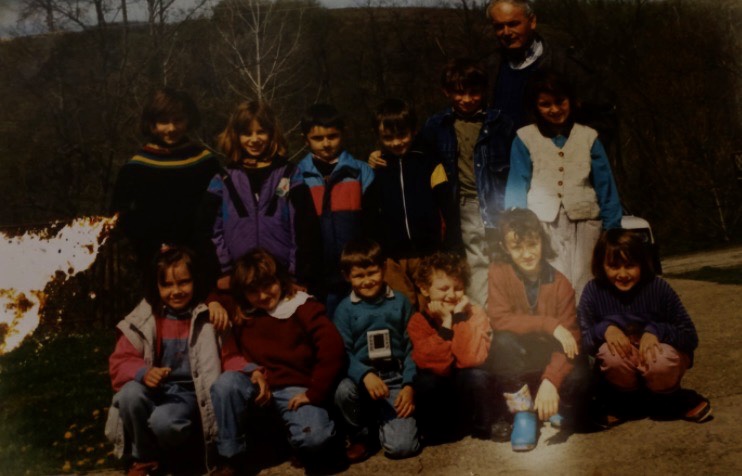
What factors influenced your decision to build a new life in the UK rather than return to your home country after fleeing the conflict? Were there any specific opportunities that made you stay?
The civil unrest in former Yugoslavia was fueled by conflicting interests and differing opinions, causing unimaginable hardships for everyone involved. After 5 long years of living in a war, my family was forced to leave our home in Croatia. We fled to Serbia, seeking safety and relying on our Serbian heritage. But we faced discrimination and were treated as outsiders by many locals. In many ways, it was no different than back home. Living in Serbia was challenging, and we struggled to make ends meet, as refugees and immigrants often face exploitation and difficult labour conditions.
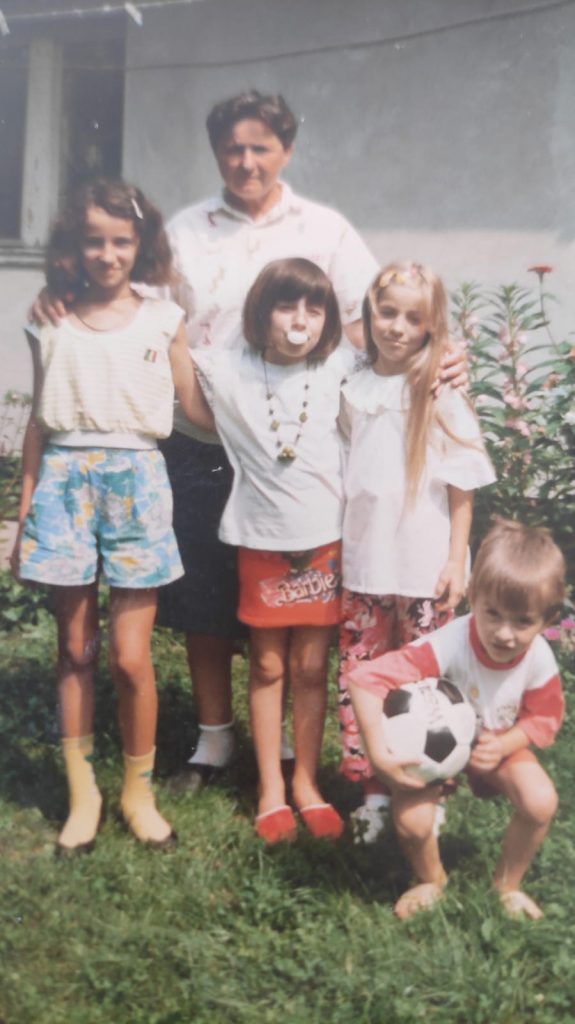
Eventually, Serbia was bombed by NATO, only adding more trauma and suffering to still sore wounds. We had limited options for a new home, as immigration policies often reject refugees. We made the decision to move to the UK, as it was relatively close to our home, allowing us to visit the rest of the family. Leaving behind our most loved ones was incredibly difficult, as the bonds formed during those unimaginably hard times are stronger than anything you can imagine. When you have nothing, and less than nothing again and again you learn to cherish the people you had left.
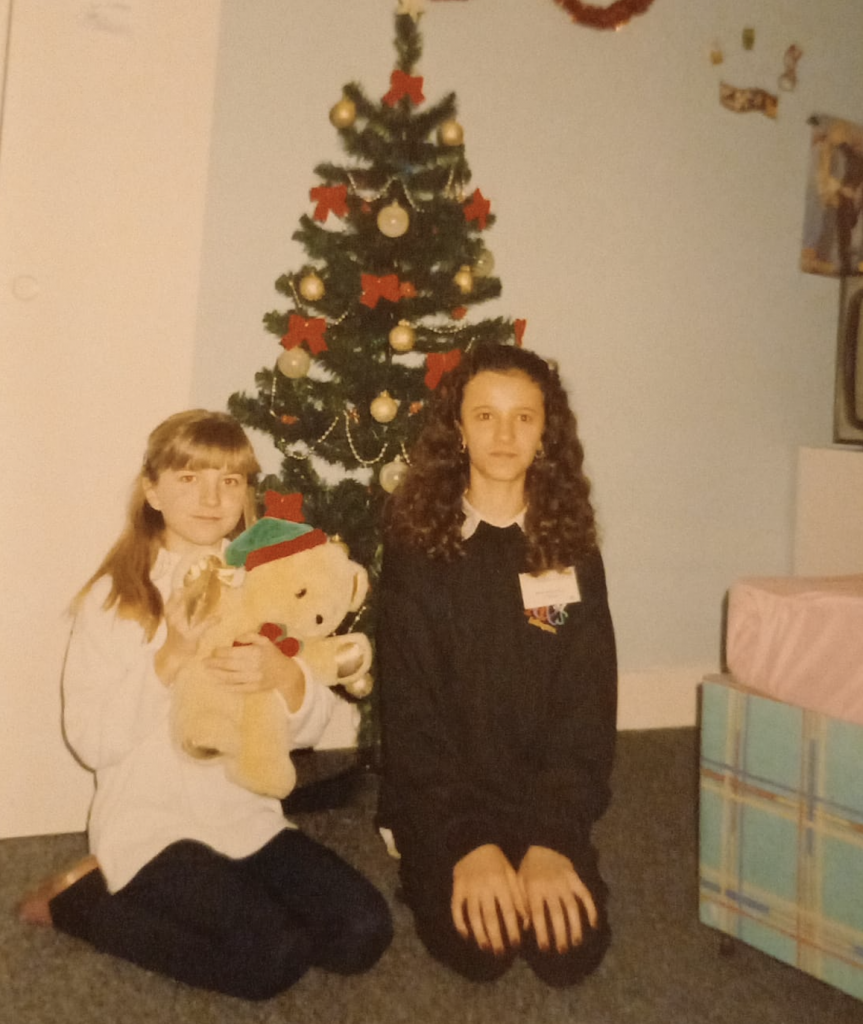
Our move to the UK was driven by the need for safety, without any clear plan or prospects. It was a daunting experience, filled with fear and uncertainty, but my parents had to reassure us that it was for the best, despite not knowing anyone or speaking the language. The transition was horrid, and I initially resisted the idea, wanting a stable home and acceptance. However, my parents had to make difficult decisions in order to protect our family. There were no opportunities waiting for us; they simply hoped to find work and provide for us. Despite societal views seeing refugees as burdens, I strongly disagree, as my family and I have proven our ability to contribute to society and go even beyond that by creating opportunities for others as well as empowering them to be their best selves.
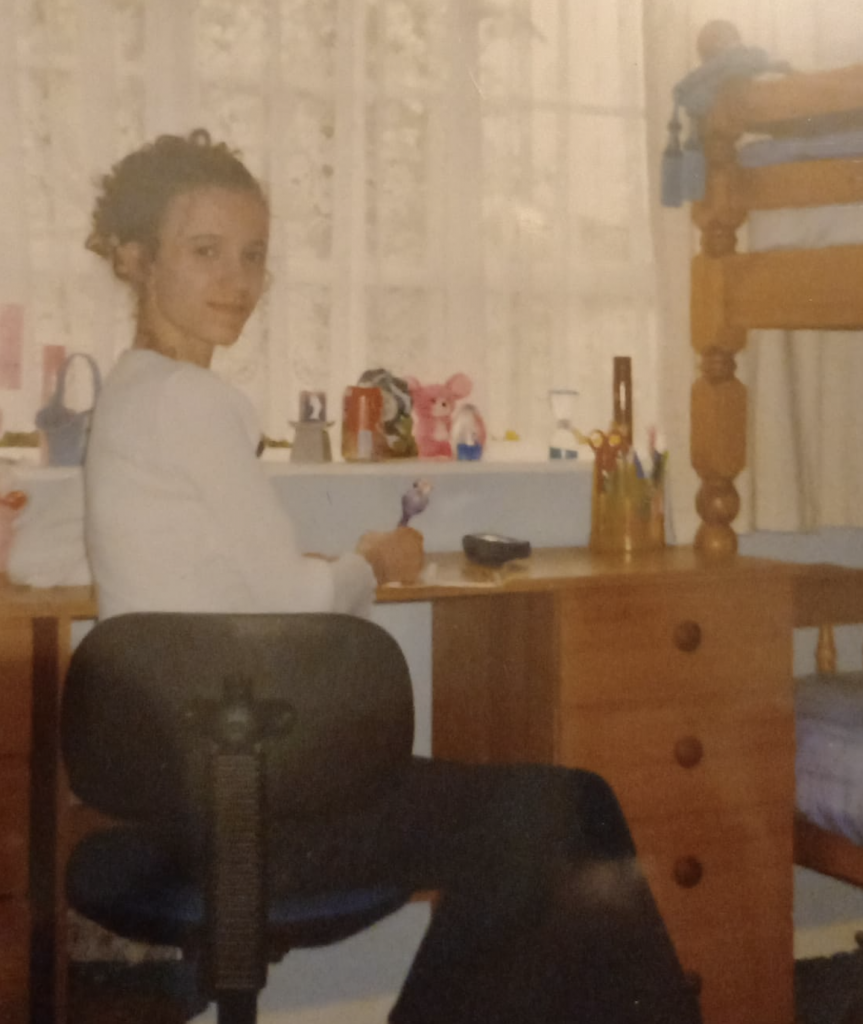
Knowing that you immigrated quite early in your life, how has living in the UK impacted your creativity and career pursuits? Did you always want to work in production despite the country you lived in?
I always wanted to work for the UN and fight for human rights to change the world into a better one for future generations. But I felt disappointed by the UN as a kid, expecting them to save us and failing so short in every aspect. As I grew older, I realized that dwelling on my past wouldn’t let me live a somewhat normal life I so desperately wanted.
During my teenage years, I tried to hide my complicated background and fit in. I spent a lot of time lying and wanting to be seen as ‘normal’. Slowly, I discovered that being creative made me happy. It allowed me to imagine and escape, creating my own worlds and being true to myself. This made me want to give others the same opportunity and bring joy to people. So, I decided to pursue a more creative path. My parents may have been disappointed because they wanted me to do something great, but I found satisfaction in creating beauty.
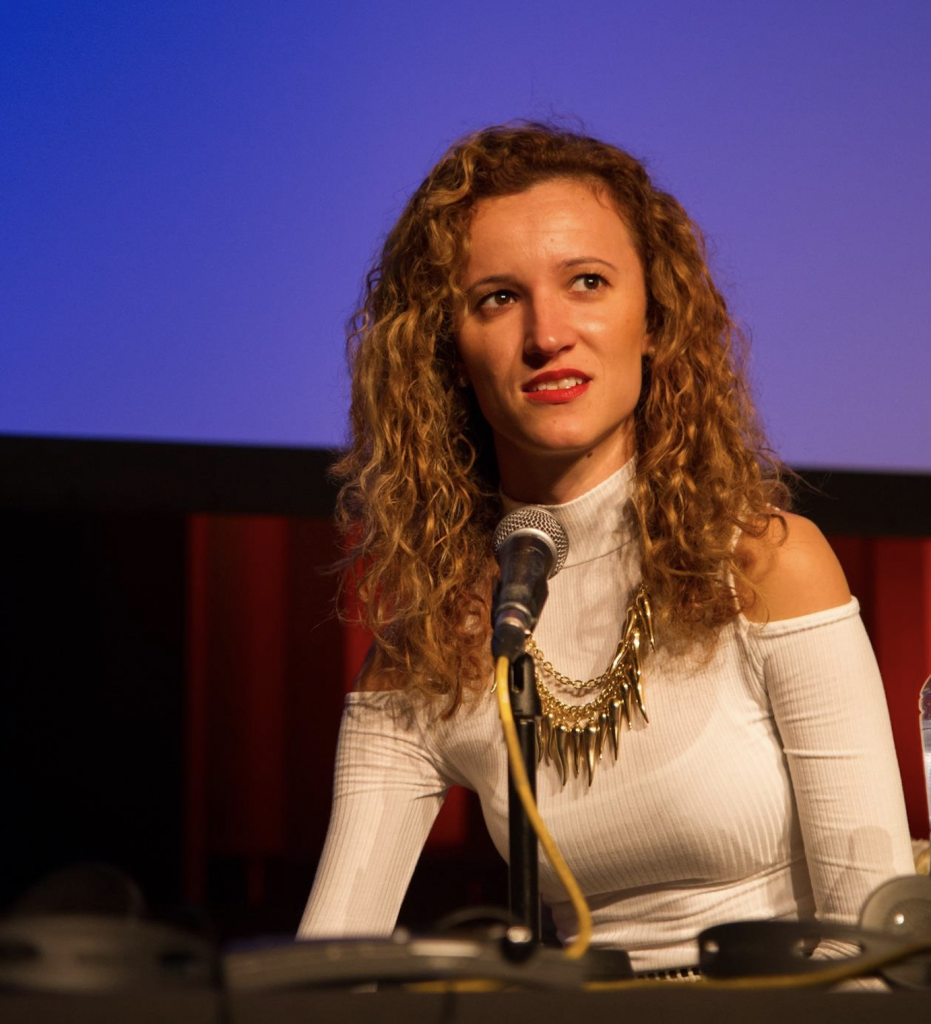
Can you describe any instances where your immigrant status has intersected with your creative journey? Did you face any unique challenges or opportunities as a result of your background?
I knew it would be tough from the start, so the difficulties didn’t surprise me. People warned me that the industry was male-dominated and not welcoming to ethnic minorities. I faced discouragement from teachers and others who believed advertising was for men or not a creative field for women. Initially, at entry-level positions, I didn’t feel much discrimination, but as I advanced, the cracks started to show. Colleagues from privileged backgrounds made subtle jabs at my school, neighbourhood, and accent.
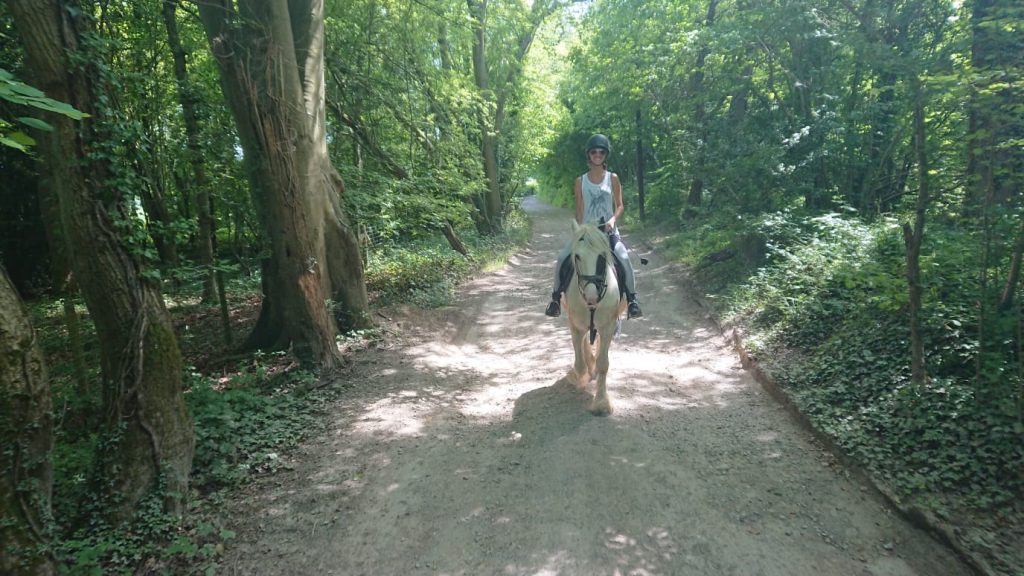
Despite facing such obstacles, I embraced every mico- opportunity and worked hard, even when I felt undervalued in every shape and form, professionally. I recognized the importance of making the most of these little opportunities for myself and others who are marginalized. I felt a sense of duty to prove myself and show that everyone deserves a place in the room, regardless of their background. The stigma of being an Eastern European female has followed me, with people assuming I’m a cleaner or even mistaking me for a sex worker at ad festivals. It’s disheartening when colleagues laugh, not realizing the hard work it took to get there. People’s judgments based on appearance and nationality can be hurtful, but I’ve learned to stand strong and challenge those perceptions.
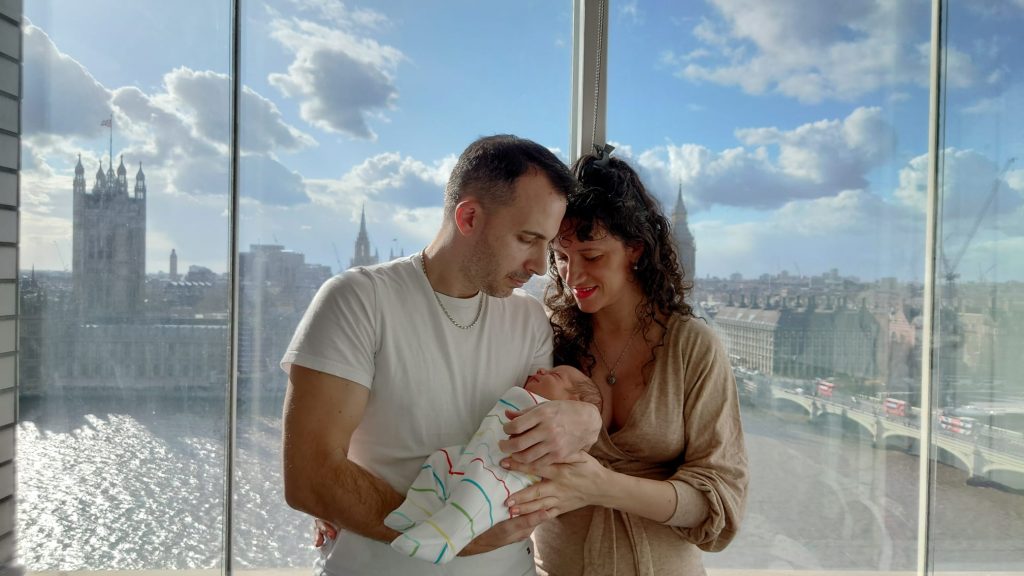
Having built your life and business in the UK, how do you feel it shaped you?
I’ve reached a point in my life where I embrace my uniqueness, my womanhood, and my challenging background. I’ve grown into a strong and resilient person who empowers others rather than seeking personal gain. My focus is on helping people find peace within themselves and expanding their horizons. I’ve come to realize that gaining diverse experiences brings great satisfaction and inner peace. Embracing learning and being open to new things is the winning formula for personal growth and self-reflection.
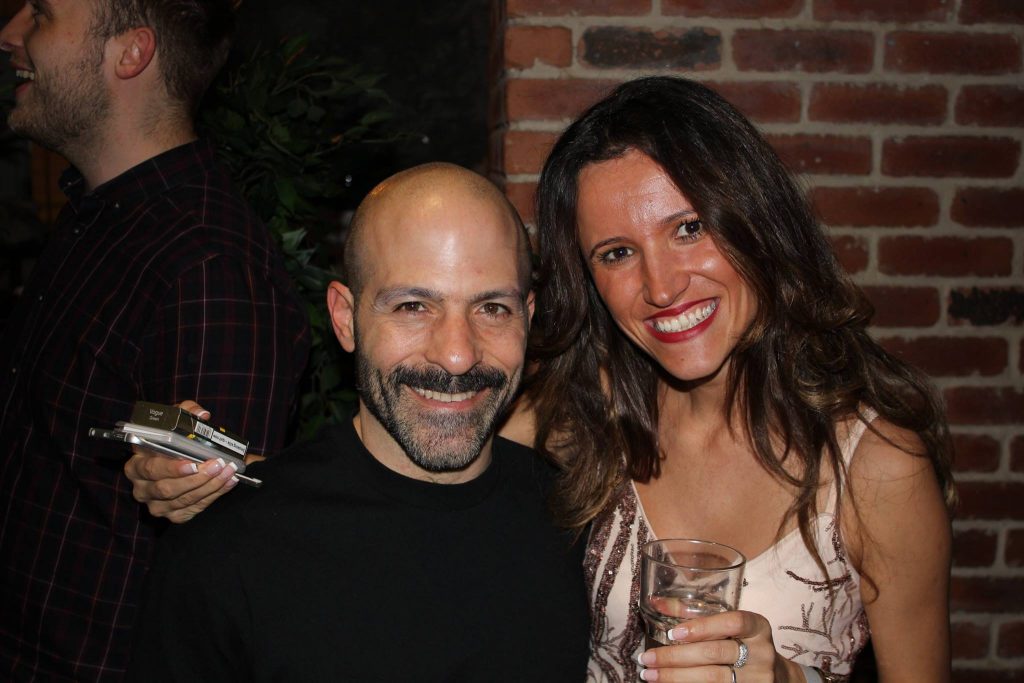
Being a diversity and inclusion advocate, how do you imagine your future contributions and impact on your home country, if any?
Recently, I’ve come to realise that limiting ourselves to a single country or border is an unhealthy mindset. It isolates us and doesn’t contribute much to our satisfaction, happiness, or overall fulfilment. Instead, we should focus on experiences, embracing inclusivity, and broadening our horizons. Let’s encourage our children to study wherever they choose, explore their interests, immerse themselves in different cultures, and not restrict themselves geographically. By doing so, we can connect with others, understand their perspectives, and create commercials that truly resonate with a global audience. After all, we are here to talk to everyone not just a handful!
